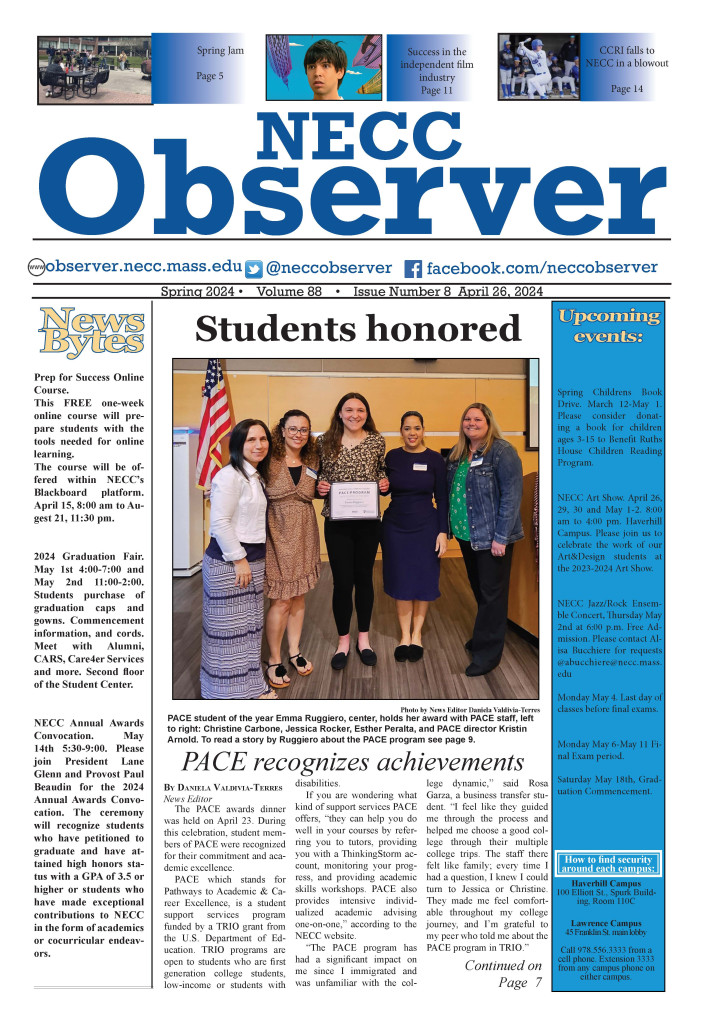Another spring, another slew of college graduations.
It’s a tale as old as time itself. Except this year, it’s different. There will be no gathering with our peers, throwing our hats in air, and then celebrating together afterwards.
Instead most of us will be tuning into a “virtual’ graduation on our computers; that is if most people even bother with it. But that’s just how it is to be graduating amid a pandemic.
Seniors this year aren’t going to be afforded the celebration that those that walked before them enjoyed. Instead they will be under a metaphorical house arrest when we should be walking across the stage.
They will get their diploma in the mail, instead of handed to them by their dean.
They will be drinking alone, instead of one last time at the local bars they enjoyed with their friends as upperclassmen. There will always be a hole in their life experiences where their college graduation should’ve been.
To add insult to injury, seniors are also graduating and matriculating to what likely will be a recession economy due to the Coronavirus.
Graduating students that join the job market during a recession make less than peers that graduate and join a more favorable job market for 10-15 years, according to a study conducted by Stanford.
SO not only will graduates of 2020 be robbed of a precious memory, they will also likely be screwed because of this pandemic for the next decade or so.
High school seniors are also being derived an opportunity to celebrate a 12 year journey that a lot have been together on the entire time. Not all of them will go on to attend college as well.
But at least for some of them they will have a chance to finally walk across a stage to receive a diploma.
The people that are trying to do something to soothe the pain felt by graduating seniors are former president and former first lady, Barack and Michelle Obama. The Obamas are to give a virtual commencement for the entire country on May 16 at 8 P.M., according to Time Magazine. This was a nice gesture by Obama, whose speeches serve as a cup of ice water on the scorched jumbled speech we have grown accustomed to hearing from the current Commander-in-Chief.
Yet, it doesn’t stop one from feeling disappointed with how the end of this school year turned out for everyone.
From the bottom of my heart, to anyone graduating this year I am sorry for how this turned for you. Better times are ahead. Hopefully.

